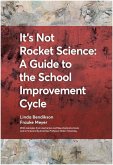
Broschiertes Buch
With Examples from New Zealand and Australian Schools
7. Dezember 2022
Myers Education Press
eBook, PDF
19. Dezember 2022
Myers Education Press
Ähnliche Artikel
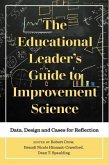
Broschiertes Buch
Data, Design and Cases for Reflection
27. Februar 2019
Myers Education Press
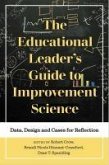
Gebundenes Buch
Data, Design and Cases for Reflection
28. Februar 2019
Myers Education Press
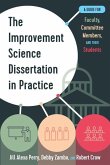
Broschiertes Buch
A Guide for Faculty, Committee Members, and Their Students
28. Mai 2020
Myers Education Press
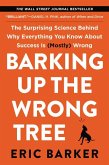
15,99 €
Versandfertig in 2-4 Wochen
Broschiertes Buch
The Surprising Science Behind Why Everything You Know about Success Is (Mostly) Wrong
14. Mai 2019
HarperCollins US / HarperOne

18,99 €
Versandfertig in über 4 Wochen
Broschiertes Buch
The Girls' Guide to Corporate Domination
11. April 2023
Amacom

Broschiertes Buch
2 ed
16. November 2022
Taylor & Francis Ltd
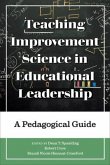
Gebundenes Buch
A Pedagogical Guide
25. März 2021
Myers Education Press
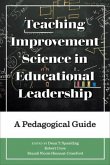
Broschiertes Buch
A Pedagogical Guide
19. März 2021
Myers Education Press
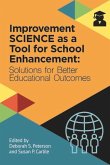
Broschiertes Buch
Solutions for Better Educational Outcomes
7. Februar 2022
Myers Education Press
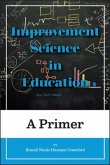
Ähnlichkeitssuche: Fact®Finder von OMIKRON

